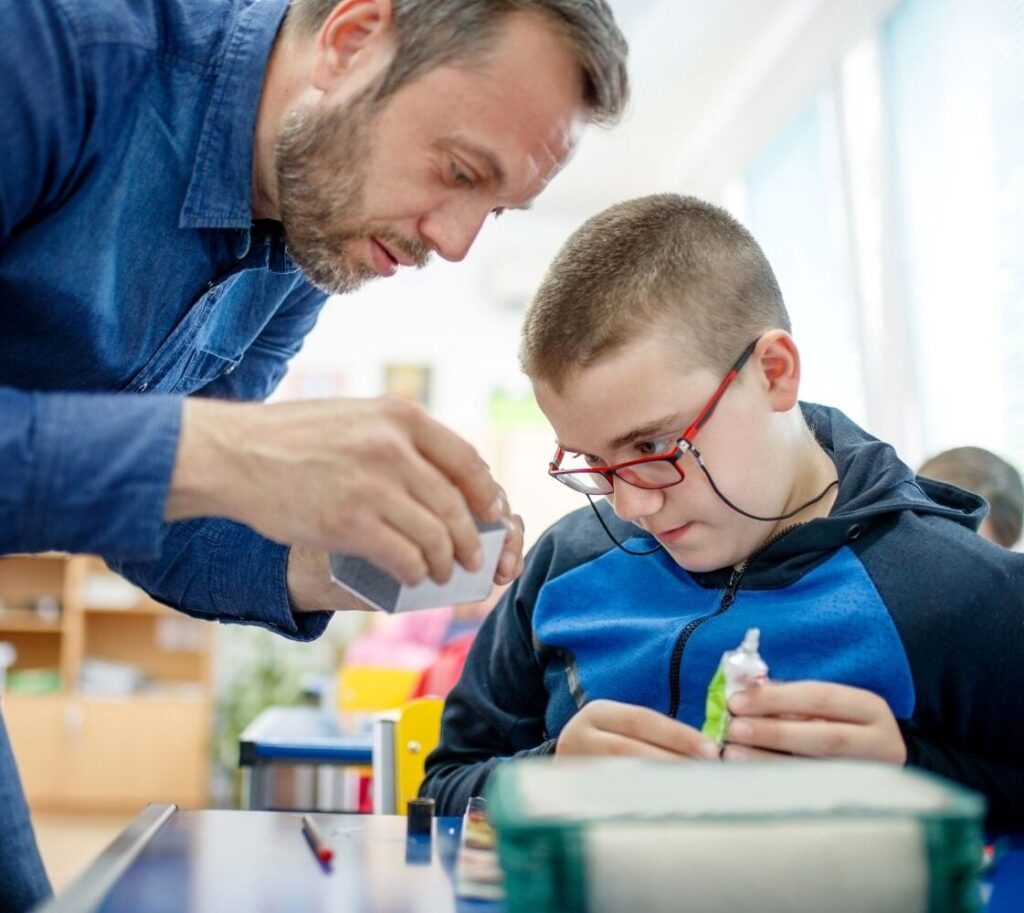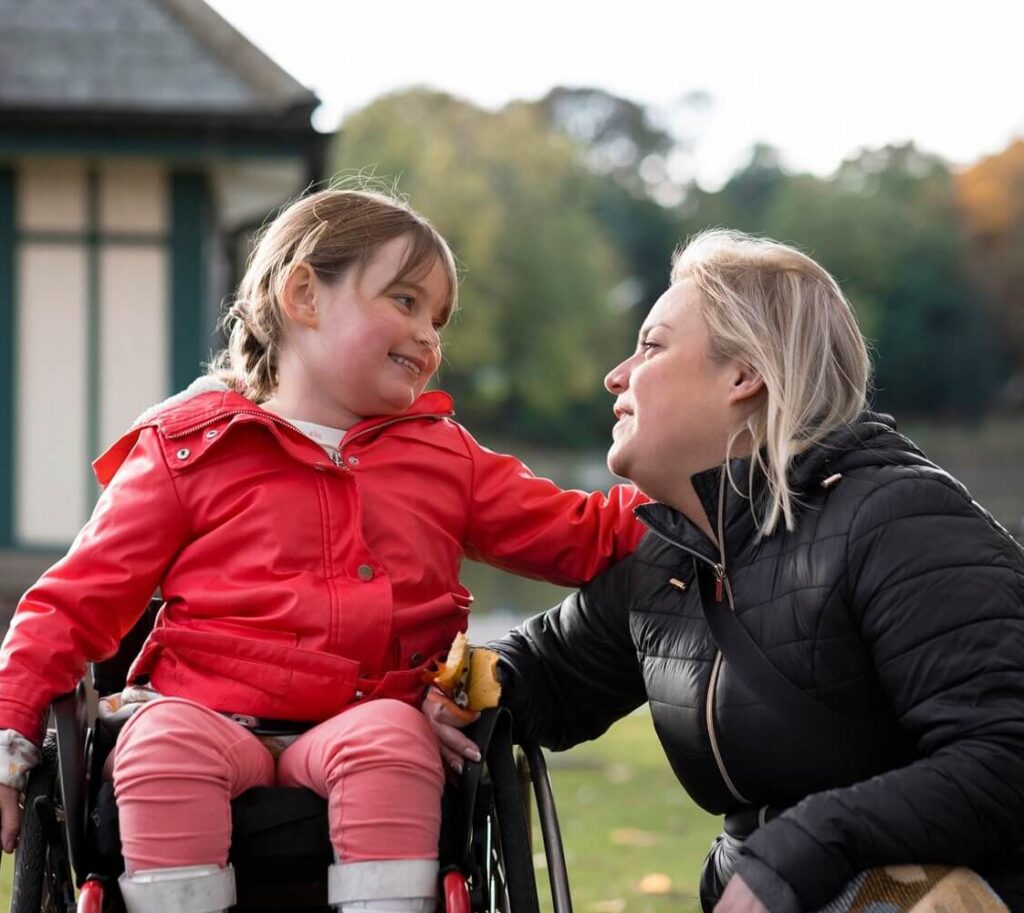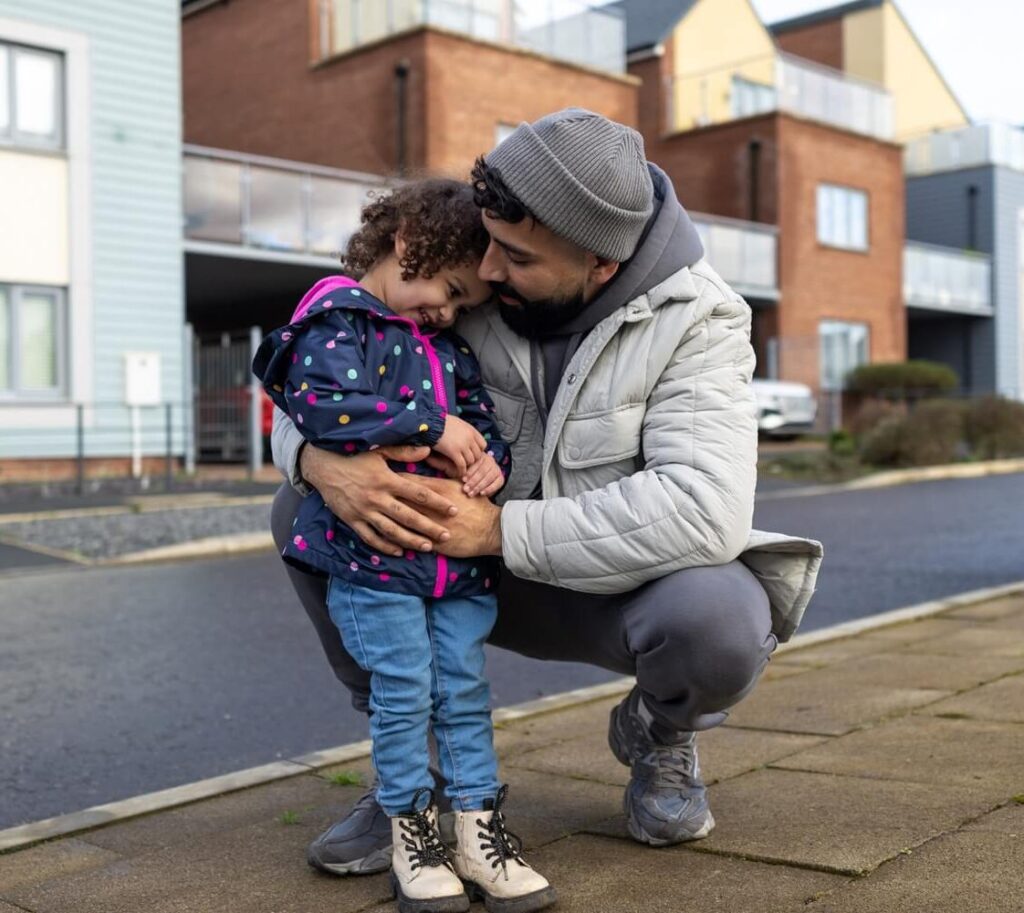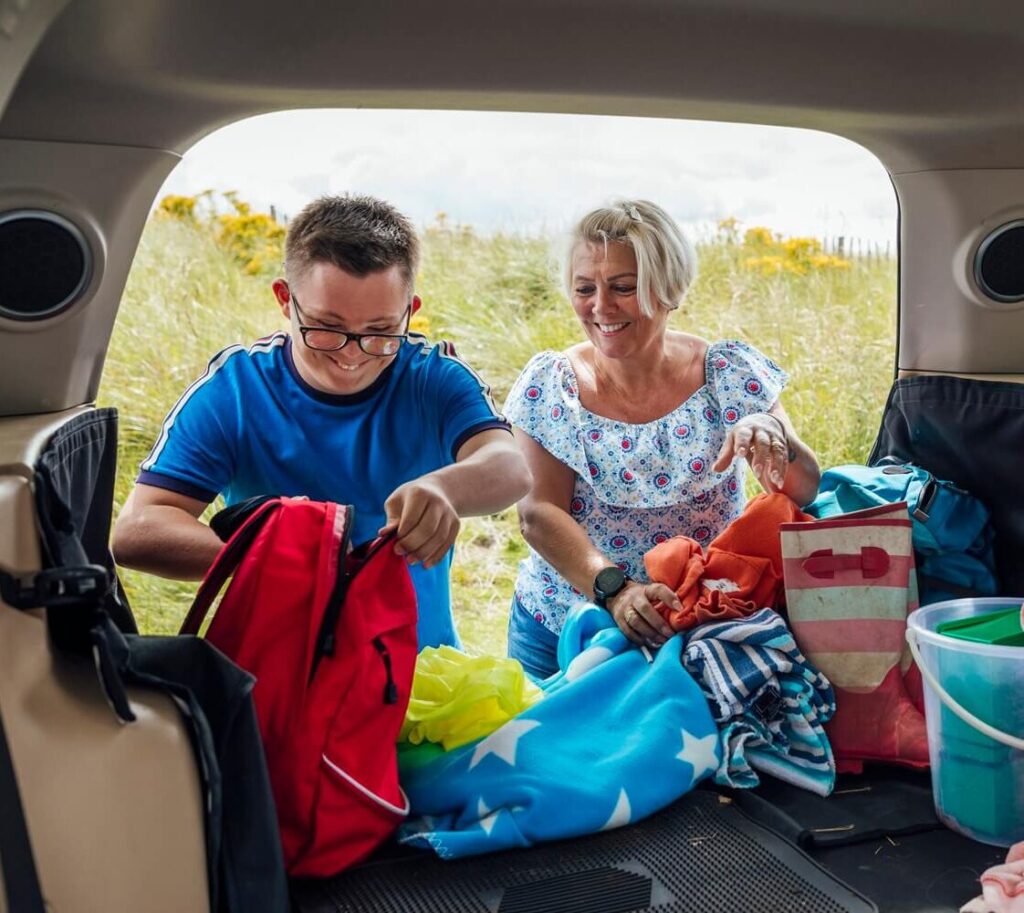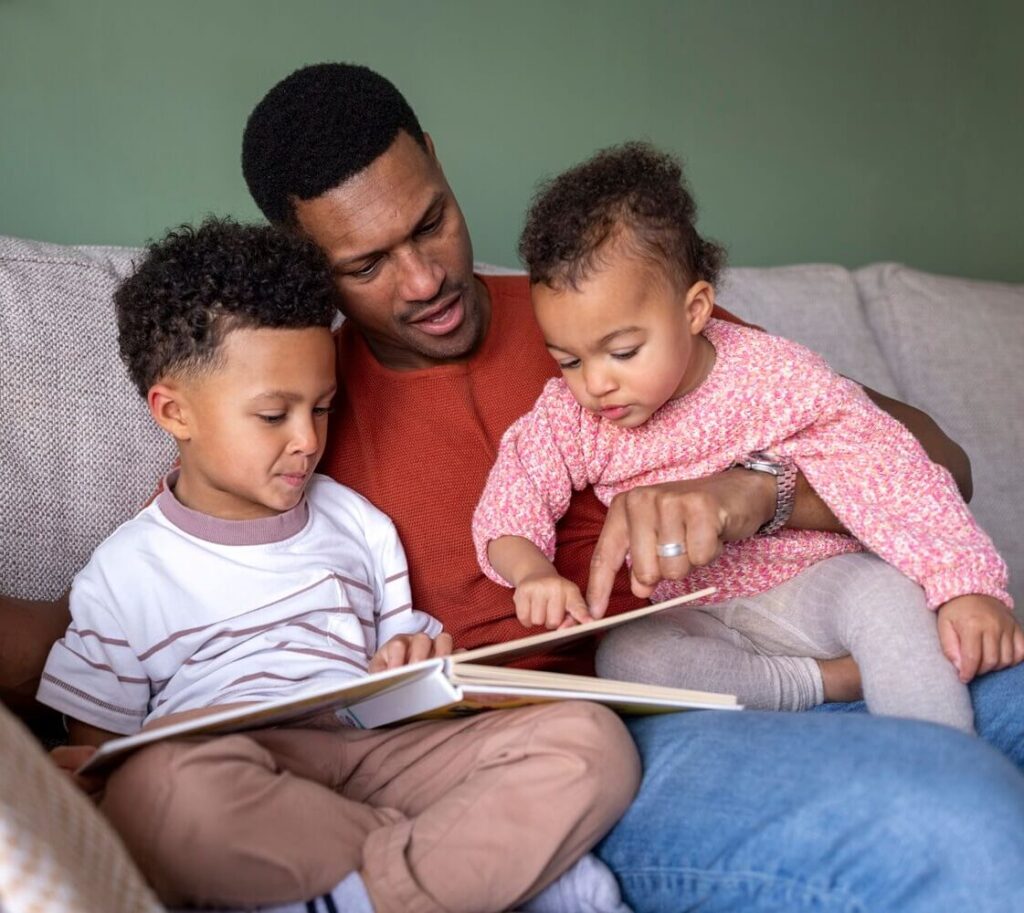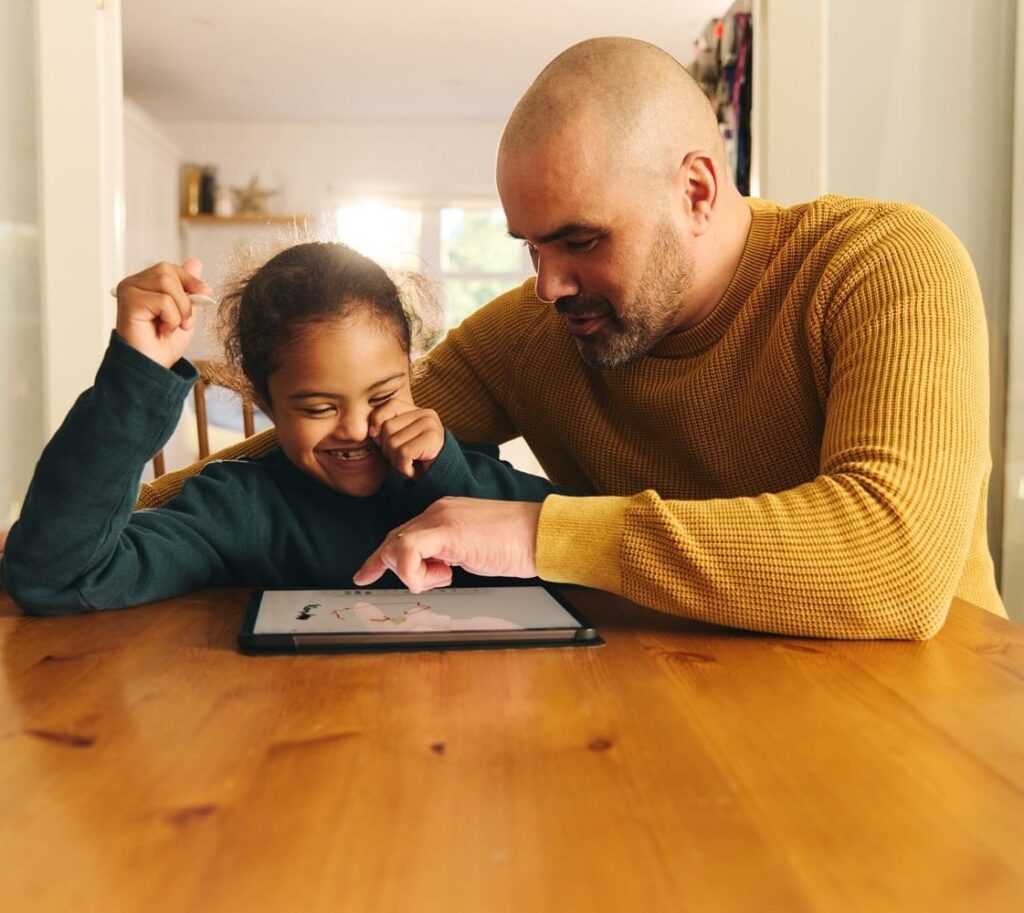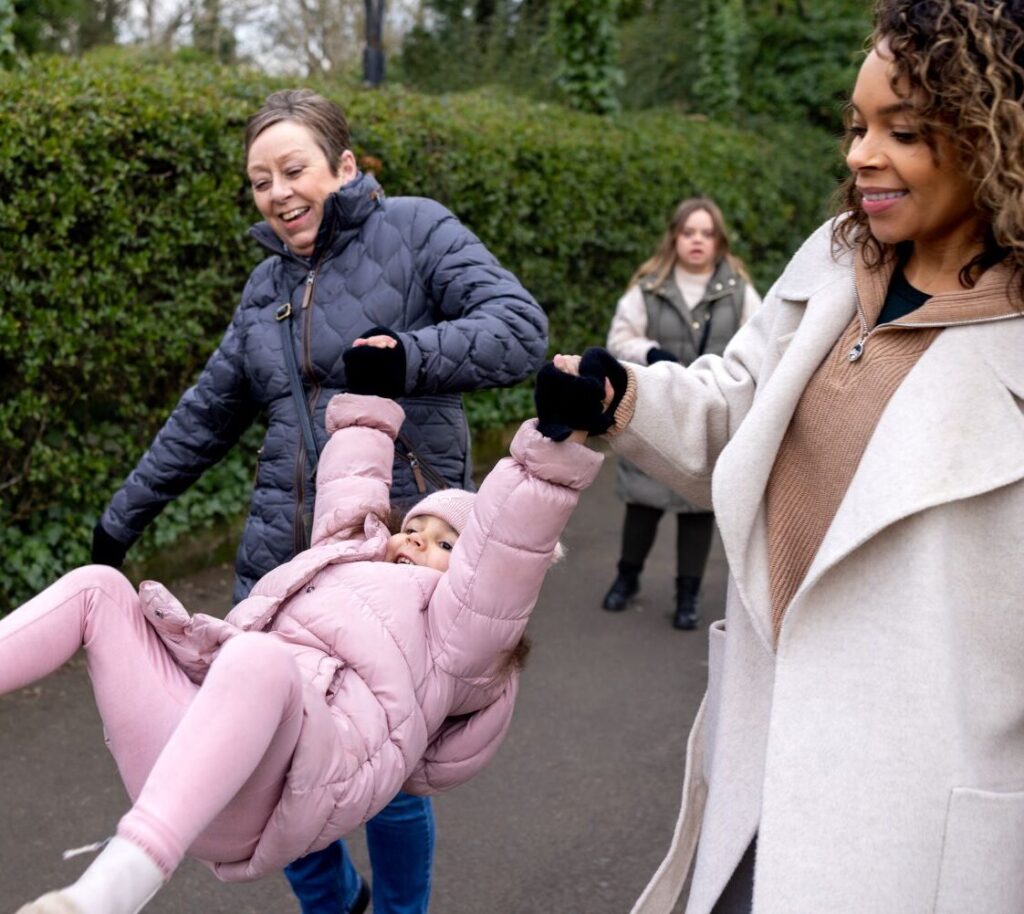When having a conversation with a young person, it can be tough to have a sense of good connection if you’re only getting flat or one-word answers. My name is Aga and I’ve been volunteering with Friendship Works for over three years now. Friendship Works mentors help to improve the life chances of vulnerable children and young adults in London so my role is to first build a relationship with my mentee and then to continue engaging and to maintain trust. Each stage of my relationship with the young person I am mentoring has come with its challenges when it comes to having meaningful conversations, so in this article, I’m sharing what I’ve learnt so you can try it with your child too.
When I started mentoring a nine year old, the part I was fearing the most was the first conversations. I wasn’t sure how we would be able to connect, whether because of our age or background differences. It also felt a bit artificial – meeting for the first time and trying to find out what we like, without turning the first conversation into an interview.
A bit later, as we were getting to know each other, I also realised that similarly to my younger siblings when we were growing up, my mentee was not always able to put what he thinks or how he feels into words.

As a result, especially in the early days of mentoring, when he was still quite young, our conversations looked a little bit like this:
“What was the best thing at school this week?”
“I don’t know.”
“You told me last time you liked history, what did you cover this week in the class?”
“The Industrial Revolution.”
“What was the most surprising thing about what you learnt?”
“How quickly everything changed. And the steam locomotive engine!”
“What was surprising about these?”
“I don’t know.”
“And what do you think about the speed of changes for the people back in the day?”
“It was so cool to not have a car and then see a car!”
A quite frequent example of me trying to engage, but not interview.
We managed to bond though and now most of our conversations flow more naturally and in the context of our outings and what has happened in-between the outings.
Over the past three years of mentoring, I’ve also realised I follow a bit of a structure during each outing. I do adjust to my mentee and the overall atmosphere of the day, we don’t force anything, but we do follow a pattern of:
- How was it?
- How did it make you feel?
- What’s your learning from ‘this’?/What’s one thing to remember about it?
Similarly to my younger siblings when we were growing up, my mentee was not always able to put what he thinks or how he feels into words.
Asking “How are you?” and hoping for an extensive answer
Nowadays, we meet once per month. This means, every conversation can sound a bit like we’re starting from scratch. There is so much to catch up on from the last four or five weeks, but also there is a bit of shyness in the first minutes – we haven’t seen each other for so long.
I make sure we have enough time and nothing to rush towards, so that the first moments feel easy and pleasant.
My favourite questions to ask when just warming up (not necessarily in this order):
- What was the best part of last week?
- What was the hardest last week?
- How was… (I made sure to note whatever my mentee was looking forward to)?
- Was it how you expected it to be?
- What was unexpected?
- What did your friends say about it?
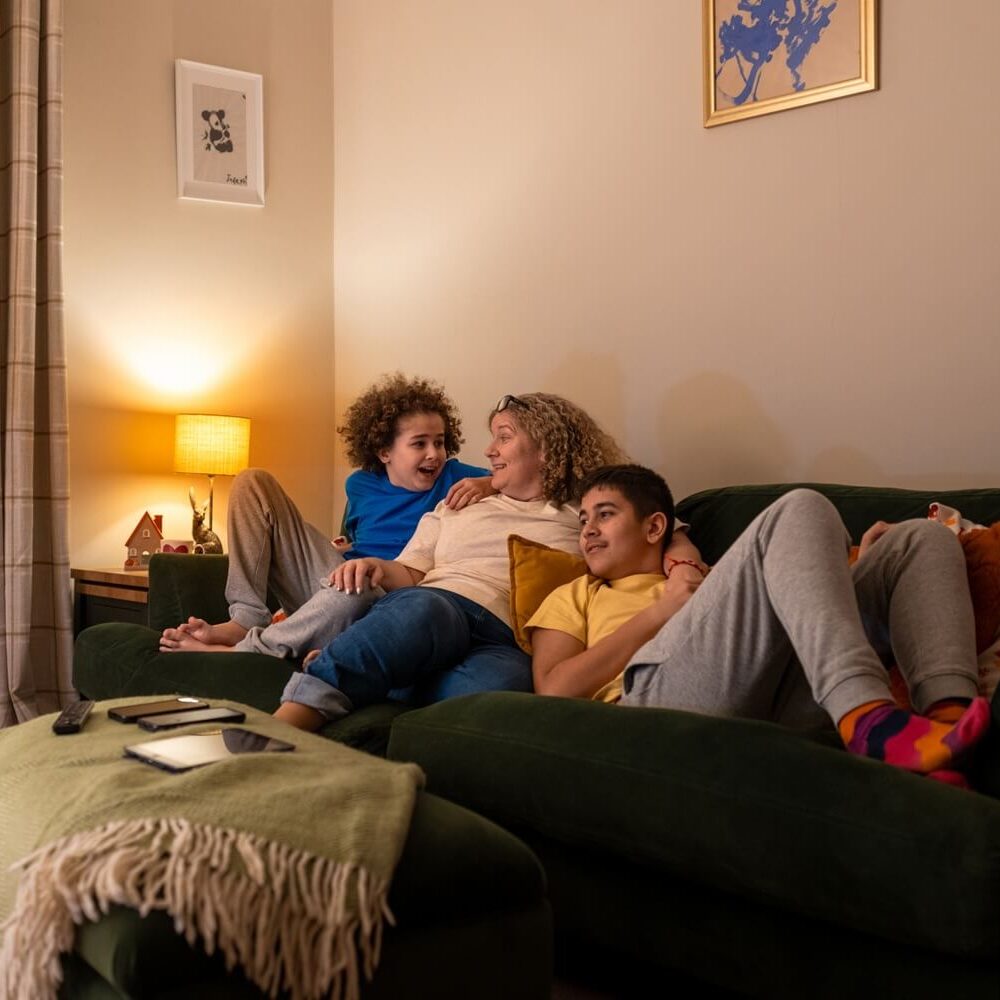
The hard part – how do you feel about it?
On some days the above questions release a flood of topics for us to talk about. Sometimes we also don’t need to focus too much on a conversation, because we have a more packed and busy outing. But if it’s one of the days that is all about being slow, I turn to some follow-up questions. These are especially useful if I don’t receive many answers or if I see something has been hard for my mentee, but he’s not expressing it:
- How did it make you feel?
- What expectations did you have from the other person (pupil, your friend, your sibling)?
- What would you have liked to happen?
- How did it make you want to react?
- Do you think it was an appropriate* reaction?
- How would you want to react to a similar situation differently?
*Along the way we’re both discovering new words we didn’t previously know and we talk about those. I learn better English and my mentee learns more ‘adult’ words. His biggest discovery: what ‘savoury foods’ are.
Usually during this part of the outing and conversation, my mentee might ask about my approach to similar situations, or how my weeks have been. Mindful that it’s usually me asking him many questions, I try to stay open and follow ‘our structure’ in providing my answers as well. I often admit to my mentee that I was shy or worried about certain situations and moments. I try to acknowledge though that it’s fully ok to feel this way and that it’s about how we manage the harder situations, not how we avoid feeling a certain way.
It’s not about a good question, it’s about leaving space after it for a good answer.
Making every conversation count
Once we are up to speed with how our weeks have been and what impact they had on us, I like to make sure my mentee and I see all that with perspective. Especially if we discuss something hard, challenging or emotional, I want to make sure we end up on a constructive note. I make sure he knows it will get easier, that there are options to any situation and he can approach them differently, if the previous solutions didn’t work.
Here of course, most of the questions depend heavily on the context and sensitivity of the topic. But here again, I do see some themes work:
- How would you approach this situation if you were the other person involved?
- What can you do to avoid this situation in the future?
- What will be hard about avoiding this situation in the future?
Quite often, I sense some feeling of peace from my mentee. When we do cover more serious topics following the above flow, he has now ‘digested’ the whole challenge, and has more words to name what happened and how he felt. This seems to really help him.
One thing this mentoring experience has taught me is that making space for thought-through questions makes any conversation not only better but also easier, regardless of the context. “Tell me more” is one of those phrases that uncovers new depth of any topic – in private life or at work. It’s not about a good question, it’s about leaving space after it for a good answer.
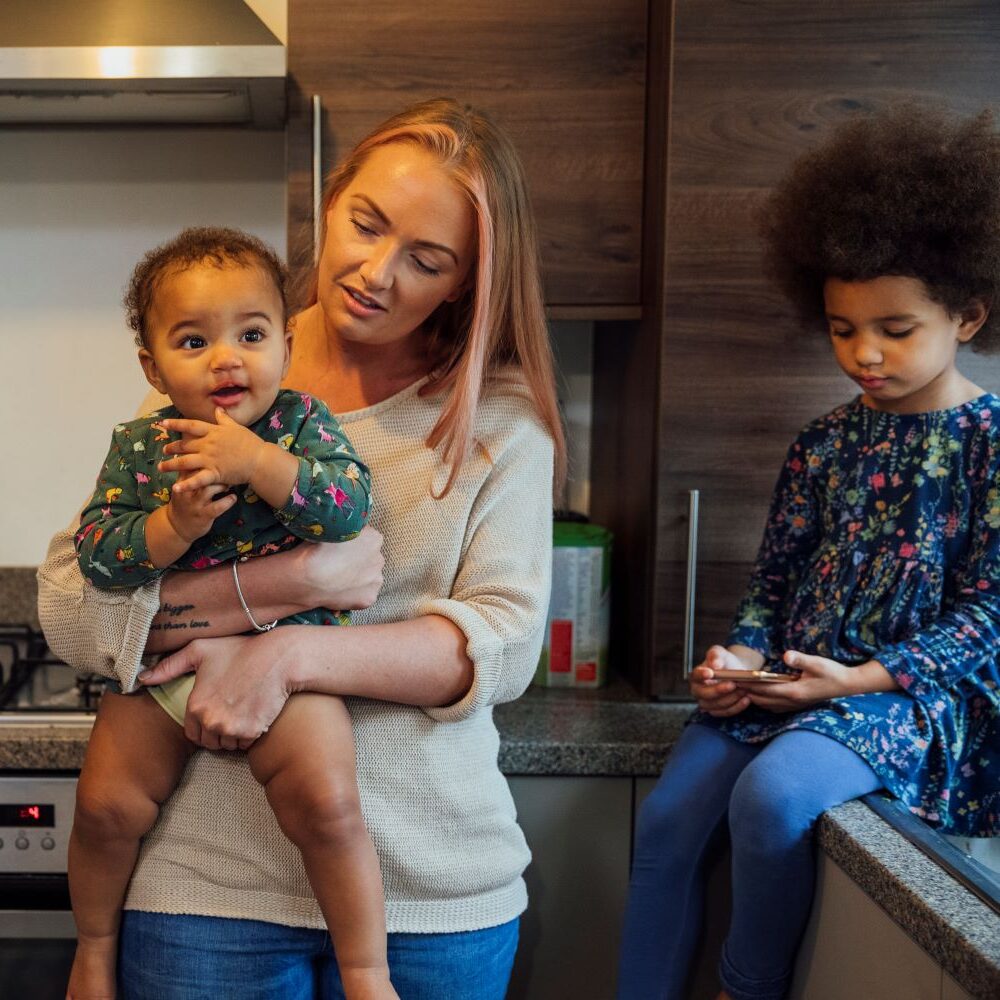
Call, text, email or web chat FamilyLine
If you’re feeling overwhelmed, worried or upset about any aspect of your family life, FamilyLine is here for you. We offer free emotional support and guidance on family relationships, conflict, parenting, caring, financial worries and more.
Contact FamilyLine

